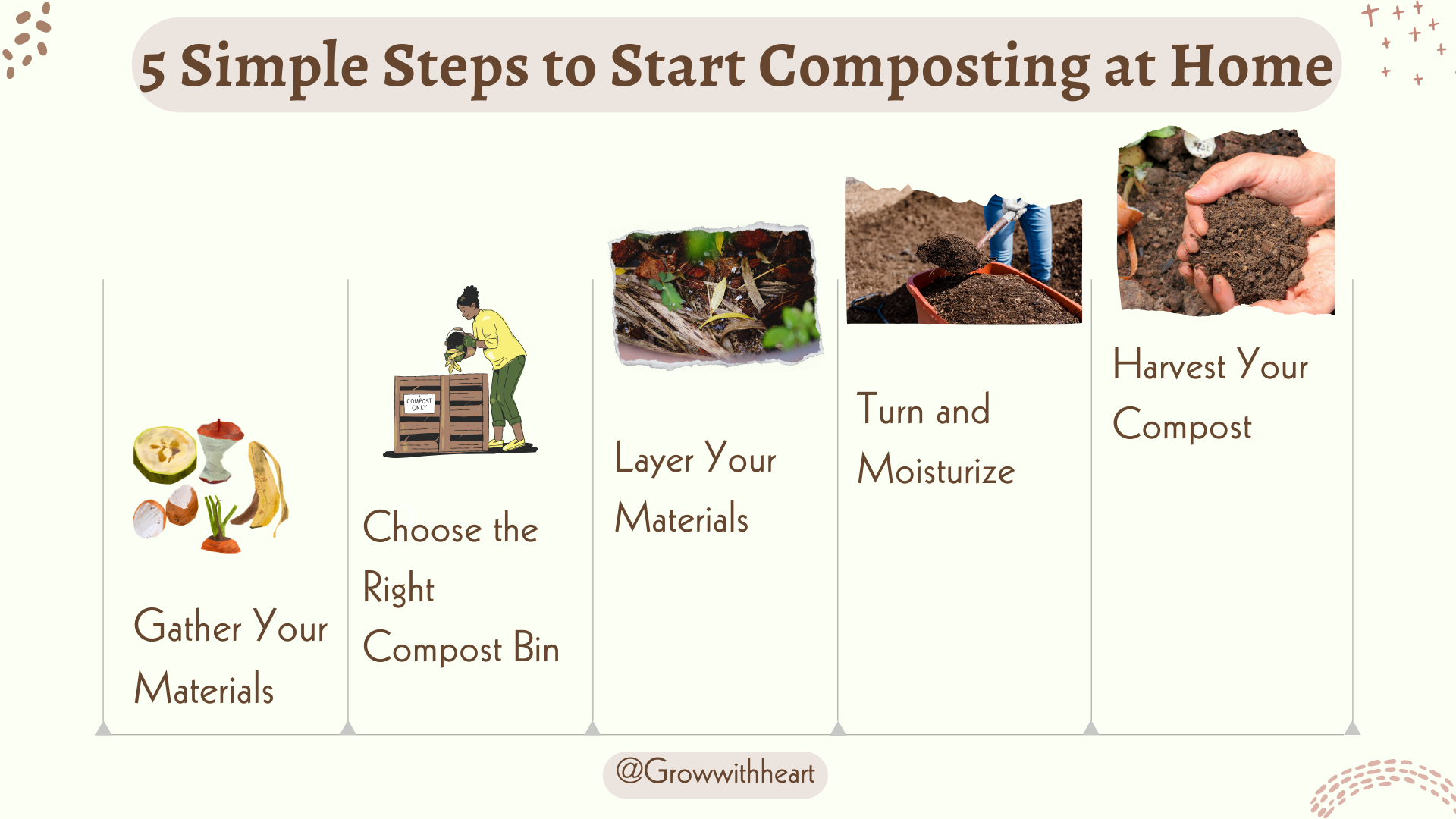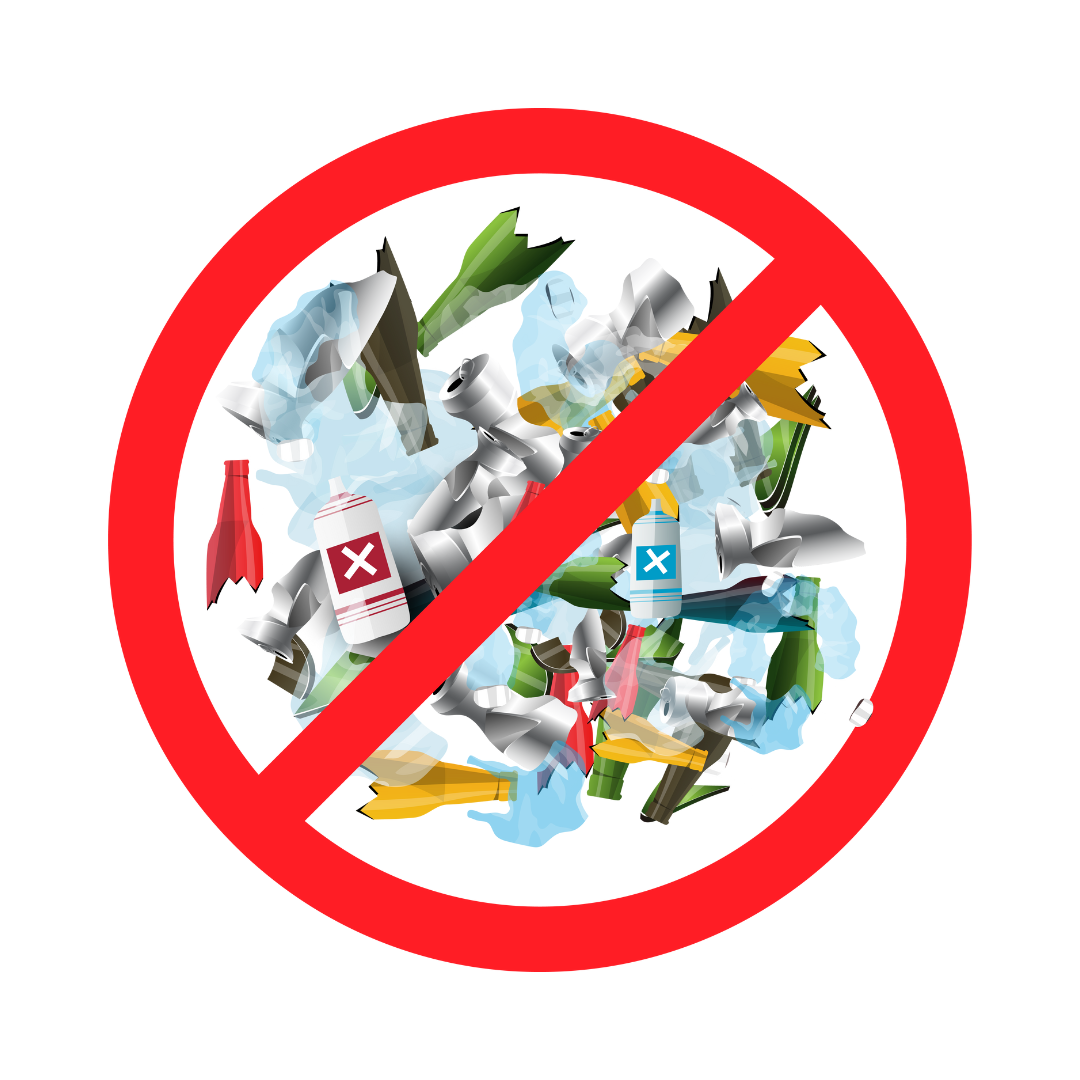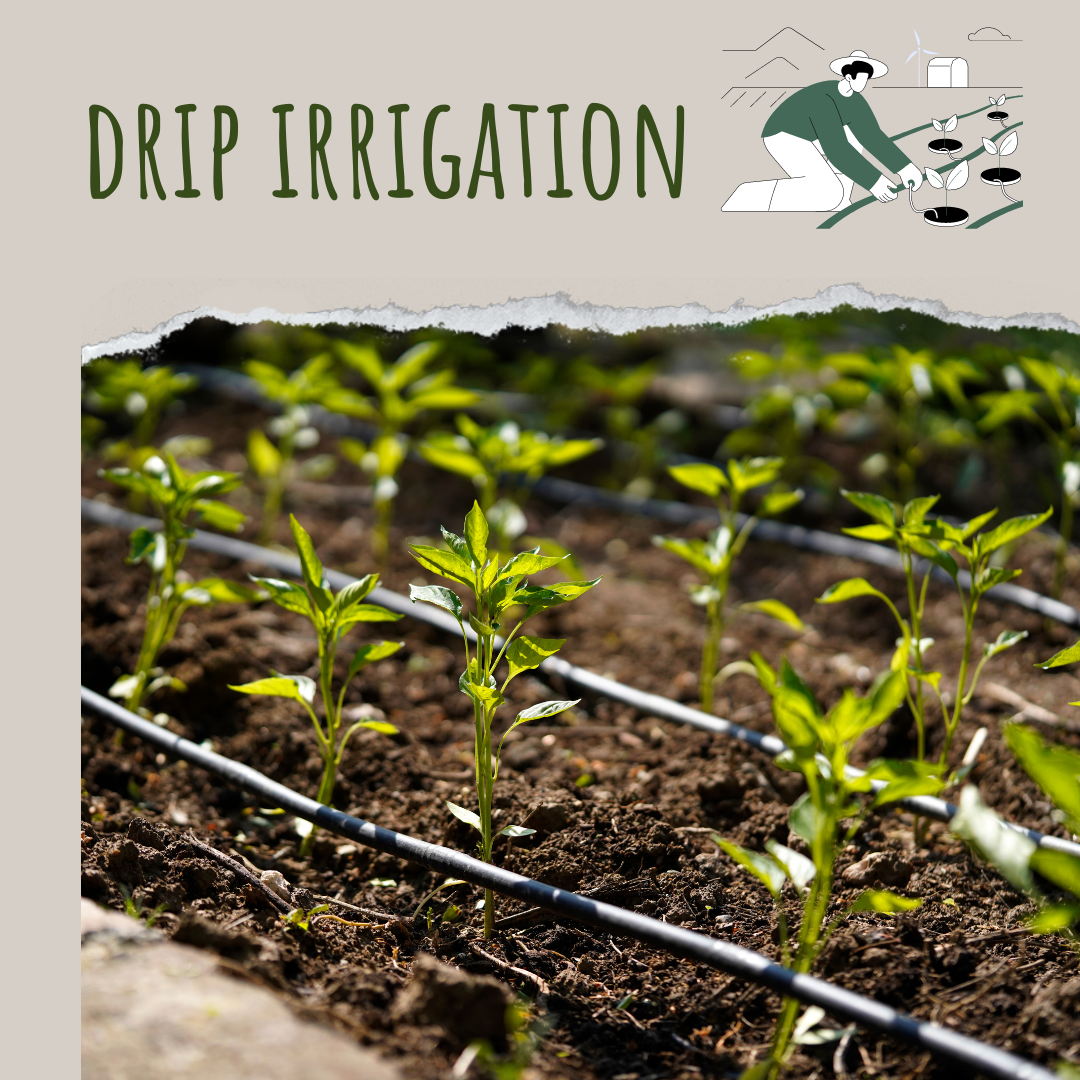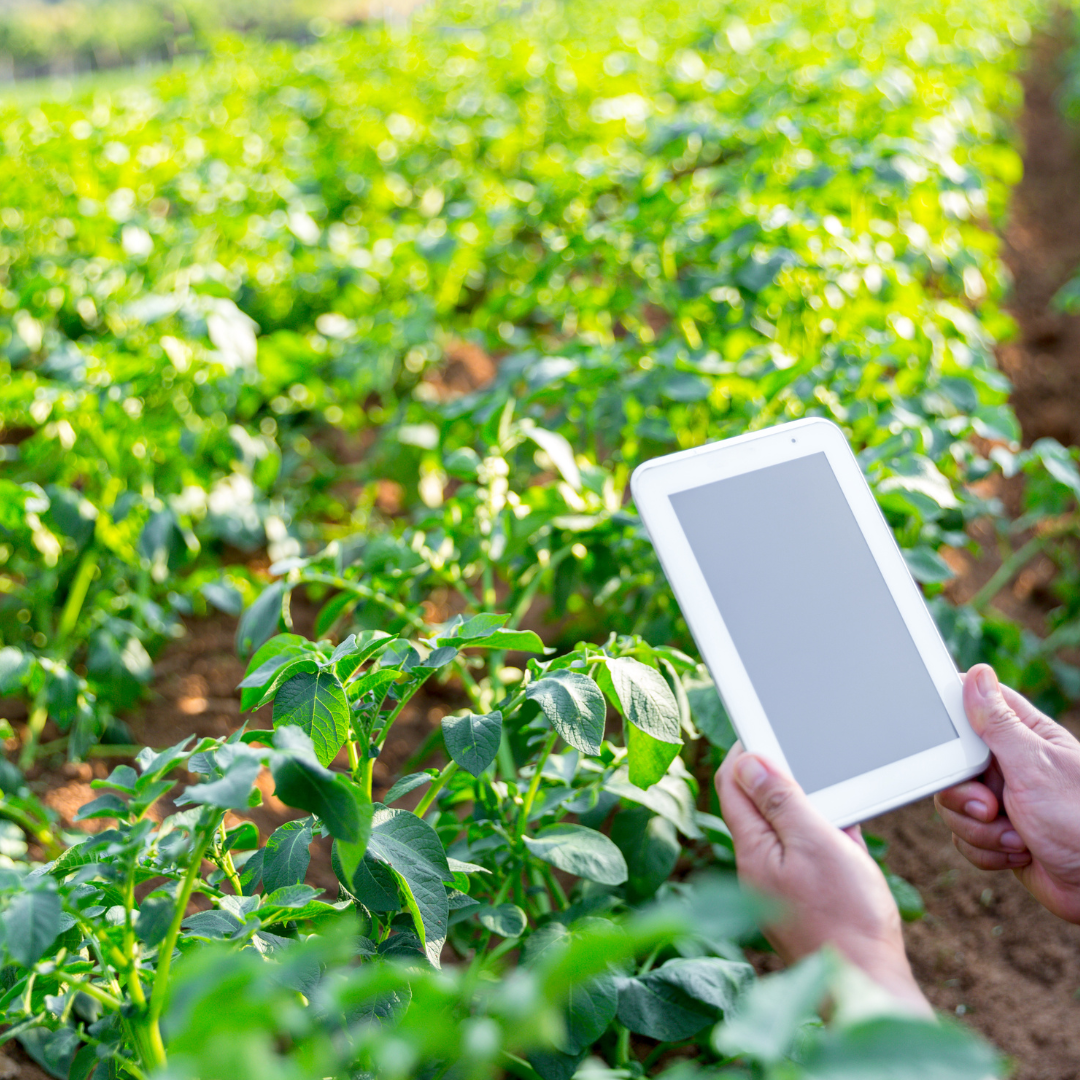Reducing farm waste is an essential step toward sustainable agriculture. When we minimize waste, we save money, protect the environment, and improve farm efficiency.
For farmers, reducing waste means using resources wisely, from planting to harvest and beyond. In this guide, we will explore practical ways to reduce farm waste in simple, easy-to-understand steps.
Table of Contents
Toggle1. Understand What Farm Waste Is
Farm waste refers to any material that is discarded during farming activities. This can include crop residues, food that is not harvested, packaging waste, old equipment, chemicals, and animal waste.
Understanding what waste you have on your farm is the first step in learning how to reduce it.
Common Types of Farm Waste:
- Crop residues: Leftover plant materials after harvesting.
- Food waste: Unharvested or unsellable crops.
- Animal waste: Manure, bedding, and other materials from livestock.
- Plastic and packaging waste: From fertilizers, seeds, and feed bags.
- Old machinery and equipment: Broken tools or outdated machines.
2. Plan Your Crops Efficiently
One of the easiest ways to reduce farm waste is by careful planning. By growing only what you can harvest, sell, or use, you avoid producing excess.
Take the time to assess your soil, water availability, market demand, and climate. Planning your crops based on these factors will help you minimize waste.
Tips for Efficient Crop Planning:
- Understand market demand: Grow what people are buying.
- Assess soil health: Plant crops that suit your soil type.
- Use crop rotation: Prevent soil depletion and reduce pests naturally.
- Consider local climate: Choose crops that thrive in your environment.
3. Compost Your Organic Waste
Composting is a fantastic way to recycle organic farm waste, such as crop residues and animal manure. When organic waste is composted, it breaks down into rich nutrients that can be added back to the soil.
This reduces the need for chemical fertilizers and improves soil health.

How to Start Composting:
- Set up a compost area: Choose a location on your farm to collect organic waste.
- Layer materials: Add green materials (like crop residues) and brown materials (like straw).
- Turn the pile: Regularly mix the compost pile to help it decompose faster.
- Use the compost: Once it’s ready, spread the compost on your fields.
4. Reduce Plastic and Packaging Waste
Many farms use plastic for packaging, seed bags, fertilizer containers, and more. Unfortunately, plastic waste can harm the environment. Reducing plastic use on your farm can make a big difference.

Ways to Reduce Plastic Use:
- Buy in bulk: Purchase seeds, fertilizers, and feed in larger quantities to minimize packaging waste.
- Use biodegradable packaging: If possible, choose packaging that will break down naturally.
- Recycle plastic: Set up a recycling system for any unavoidable plastic waste.
- Consider alternatives: Look into reusable or recyclable containers for storing feed and other materials.
5. Implement Efficient Irrigation Systems
Water is one of the most important resources on a farm. However, inefficient irrigation can lead to water waste and poor crop health. Using the right irrigation system can ensure that water is used effectively and reduces unnecessary waste.

Water-Efficient Irrigation Systems:
- Drip irrigation: Delivers water directly to the plant’s roots, reducing evaporation and runoff.
- Rainwater harvesting: Collect and store rainwater to use for irrigation during dry periods.
- Soil moisture sensors: These devices measure how much water is in the soil and help you know when and how much to irrigate.
6. Repurpose and Recycle Farm Materials
Many materials used on a farm can be reused or repurposed rather than thrown away. Recycling old materials can save money and reduce waste. For example, old machinery parts, broken tools, and damaged fencing can be repaired or repurposed for new uses.

Ideas for Repurposing Farm Materials:
- Old machinery: Salvage parts or use old equipment for scrap metal.
- Wooden pallets: Turn them into compost bins, fencing, or storage units.
- Plastic containers: Use them to store seeds, tools, or animal feed.
- Bedding and manure: Use animal bedding and manure to create natural fertilizers.
7. Prevent Animal Waste Pollution
If you keep livestock on your farm, managing animal waste is essential to reduce pollution and protect the environment. Uncontrolled manure runoff can pollute water sources and harm soil health.
However, when managed properly, animal waste can be a valuable resource for improving soil fertility.
Managing Animal Waste:
- Create manure storage areas: Store manure in covered areas to prevent runoff.
- Use manure as fertilizer: Spread composted manure on fields to add nutrients to the soil.
- Develop a waste management plan: Follow guidelines for managing animal waste in a way that protects the environment.
8. Embrace Technology for Waste Reduction
Technology can play a crucial role in reducing waste on the farm. From monitoring crop growth to tracking water usage, there are many tech solutions that can help farmers use resources more efficiently and cut down on waste.

Technology to Reduce Farm Waste:
- Precision farming: Use sensors and GPS to monitor crop health, soil conditions, and more. This allows you to apply water, fertilizer, and pesticides only where they are needed, reducing waste.
- Drones: Drones can help monitor large fields, identify problem areas, and even assist in planting or spraying crops more accurately.
- Farm management apps: These tools can help you plan, track, and optimize all aspects of your farm, from planting to harvest.
Conclusion
Reducing farm waste is not just about saving money or resources; it’s about creating a more sustainable and efficient farming system. By taking small, practical steps—like composting organic waste, minimizing plastic use, and improving harvesting practices—you can make a big impact.
Implementing these strategies will not only benefit your farm but also help protect the environment for future generations.
Whether you’re a small family farmer or managing a large commercial operation, these practical tips can help you reduce waste, save money, and build a more sustainable farm. Remember, every little bit helps when it comes to waste reduction!
